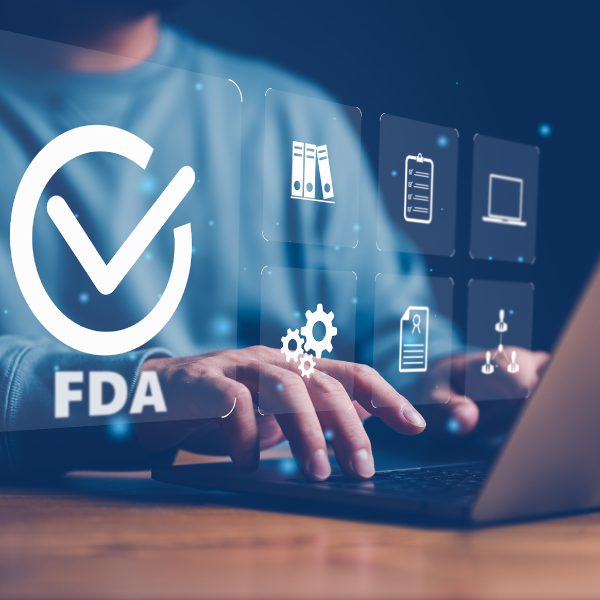The Role of Quality Assurance in Outsourcing: Ensuring Regulatory Compliance and Quality

The role of Quality Assurance (QA) in outsourcing is important for sponsors to reduce business risk, time and effort.
In the pharmaceutical industry, vendors can support any aspect of the product’s manufacturing, testing, labeling, or distribution. However, the pharmaceutical company is responsible for meeting the applicable regulatory requirements.
The organization needs to understand the rationale for choosing to outsource, the scope, and the anticipated duration of the outsourcing agreement.
QA plays an important role in the decision process in the final selection of who to use for outsourcing.
What is the Role of QA in Outsourcing, and Why Does it Matter?
QA has a vital role in outsourcing to ensure that regulatory and quality requirements are met when outsourcing. The sponsor must be assured that the contracted vendors they use have the facilities, equipment, personnel, experience, and procedures to carry out the contracted work according to appropriate regulations and guidelines.
The role of QA and the Quality Management System requires:
- Outsourcing Process
- Evaluation of Vendor Before Outsourcing
- Ongoing Vendor Management
Outsourcing Process
When the decision is made to outsource, a procedure that describes the controls in place and the process for evaluating, qualifying, and management of an outsourced vendor is put in place and must be followed. This demonstrates how the organization complies with the requirements for the outsourced activities.
The procedure should include input from QA. The following needs to be considered:
- How to evaluate compliance to the regulatory requirements (risk assessment)
- When and how to audit
- When initiating the outsourced service can begin
- Requirements for a Quality Agreement
- Conducting oversight/due diligence for satisfactory service provision
- Discontinuing use of vendors
Evaluation of Vendor Before Outsourcing
When the marketplace, financial, and business capability assessments have been completed, QA will then independently review the vendor’s ability to meet the quality requirements. QA will determine if full or conditional approval for all or part of the services applies, and QA makes a recommendation to either:
- Include the vendor on the organization’s approved vendors list (if in place) without a formal quality assessment
- Undertake a quality assessment
- Reject
Vendor Management
QA primarily takes an oversight role in the management of outsourced vendors. QA is involved with the vendor to establish the outsourced product’s quality requirements and compliance expectations. The primary responsibilities of QA in the outsourcing procedure will be quality oversight and performing audits.
Oversight will be dependent on the risks associated with the scope of service. The internal QA department may require sign-off on quality-related documentation and/or have the final say on the acceptability of a finished product or test.
Alternatively, they may require routine oversight checks through audits or reviewing Key Performance Indicators (KPIs).
The audit process is also individualized and depends on the risks evaluated. When a decision to audit has been made, QA will audit all aspects of the vendor organization within the scope of services/products being contracted.
To qualify a vendor, QA may perform an initial qualification audit to ensure that they can meet the requirements of the quality agreement. Dependent on the risks and as agreed to in a quality agreement, QA may perform routine audits to ensure continuing compliance.
If the oversight process indicates compliance issues, a ‘for cause’ audit may be required to determine the actions needed for remediation or if the decision should be to discontinue the partnership.
Outsourcing Vendor Management Program
Vendor Management can be a time-consuming process that can also be outsourced. Management must balance the limited resources in QA, how much internal focus is required for the day-to-day quality decisions, and how much time will be required for oversight monitoring.
When deciding to outsource, consider the following:
- Where are you in the process? A consultant can evaluate your needs and has the experience in the process and procedures needed to implement a program quickly.
- How much do you outsource? The more CROs, external service providers, and CMOs you have, the more time-consuming your oversight of these vendors will be.
- What is being outsourced? The more regulations required, the more oversight will be needed.
- What experience is needed? If a quality issue is beyond the scope of current employees, hiring an expert to work as a point person with the contracted provider will minimize time and compliance risks.
Outsourcing is common practice in the pharmaceutical industry, as it can provide expertise and resources in an area needed for business success. Quality oversight is vital when outsourcing with CROs, CMO, or Laboratory services and is a continuous process.
If you need any assistance with your Vendor Oversight, please reach out to our MMS Quality & Compliance Team mmsqualityandcompliance@mmsholdings.com.
Author: Devi Mohan, Senior Quality and Compliance Specialist II and Quality and Compliance











